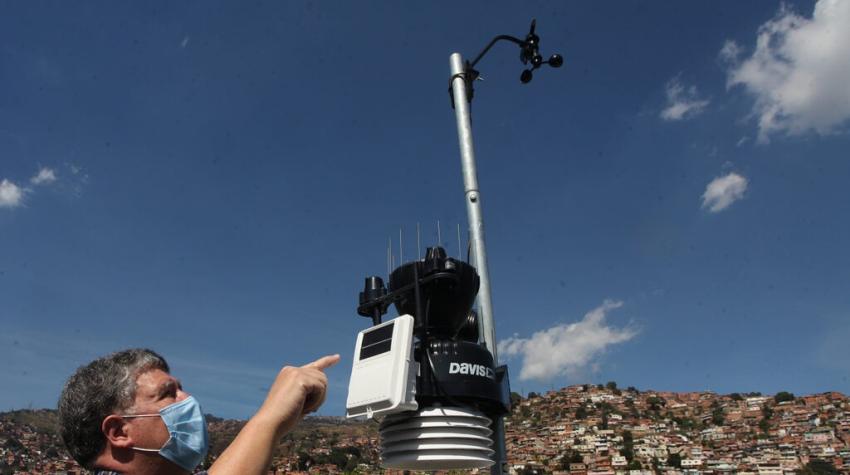
Venezuelan University Improves Environmental Management: Measuring Weather on Campus
Environmental sustainability has been one of the pillars of Andrés Bello Catholic University (UCAB), a member institution of the United Nations Academic Impact (UNAI) in Venezuela, for advancing the 2030 Agenda for Sustainable Development. Various actions have been undertaken to raise awareness within its campuses and beyond, on critical issues like those related to environmental balance and the mitigation of the adverse effects of climate change.

Diplomacy Provides Indonesian Youth with Growth Opportunities
Youth diplomacy, and its fostering by organizations such as the United Nations, has seen an uptick in its activity in the 21st century. Encouraging young people to express their voices through diplomacy gives their generation an opportunity to make an imprint on issues that have significant effects on their lives. Youth diplomacy can be defined as the participation of individuals from the ages 15-24 years (as recognized by the UN) in activities that promote interests of young people and seek to catalyze positive change in global issues that often transcend borders.
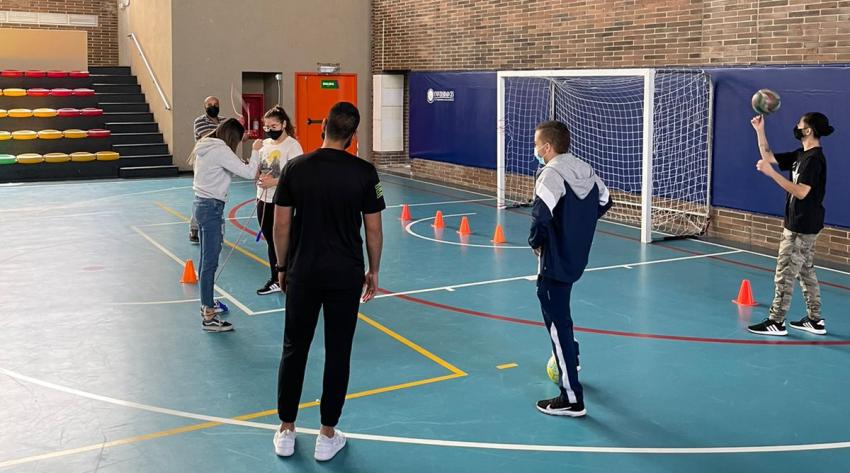
Countering Physical Inactivity During the Pandemic: Colombian University at the Forefront
In light of the many changes in the development of physical activity during the COVID-19 pandemic, a team from the Faculty of Physiotherapy at CES University, a member institution of the United Nations Academic Impact (UNAI) in Colombia, led and promoted the practice of physical activity among different sectors of the population, even amid the restrictions generated by the global health emergency.
In the context before the COVID-19 pandemic, Colombia, like other Latin American countries, was characterized by low physical activity levels, with a prevalence of physical activity at 54% reported by the Global Observatory of Physical Activity. Moreover, the people who practiced physical activity were, for the most part, motivated -or forced- by the need to commute to work or school, but not necessarily as a strategy to keep their good health.
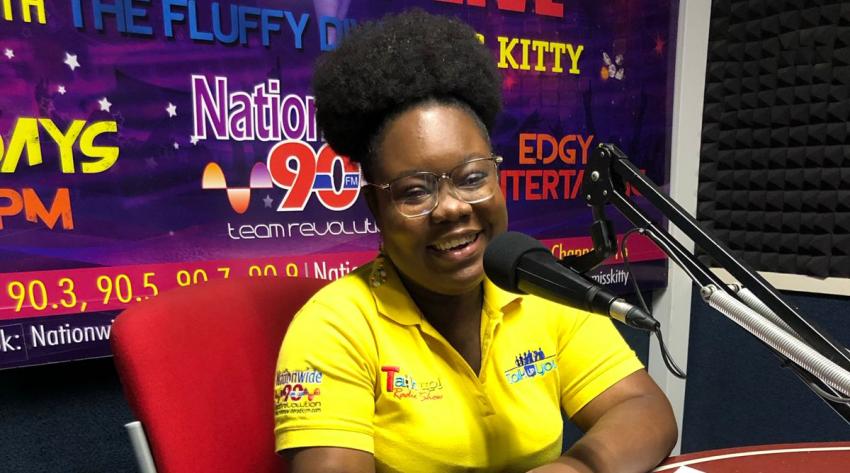
Combating Hate Speech Through Media: A Young Caribbean Woman’s Perspective
By Isheba Cornwall*
Hate speech is a phenomenon that can be defined as threatening speech or writing expressing prejudice towards a specific group, primarily based on race, religion, or sexual orientation. As a black undergraduate student from Jamaica, especially being a part of Generation Z, I have experienced countless attacks in the form of hate speech. This phenomenon has grown immensely over the years, taking different shapes and forms. One major reason for this is the advancement of technology, and more so the creation of new media or social media.

Sea Turtles: Harbingers of Oceanic Health
Topsail Island, at 26 miles (41 kilometers) long and 500 to 1,000 feet (150 to 300 meters) wide, is an ideal place for a retreat with its beautiful shorelines and fishing sites. The small island located in the State of North Carolina, United States, is also known, to a lesser degree, to be one of the few nesting grounds in the country for sea turtles.
“Look, there’s another one!”
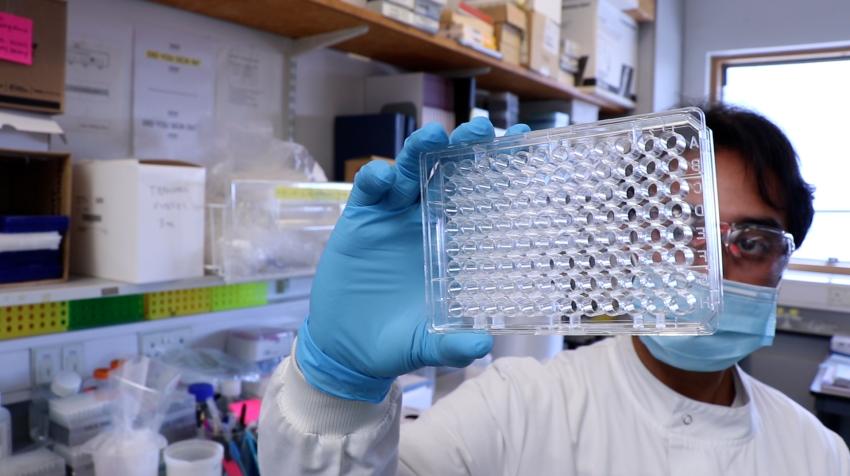
Helping to Fight the COVID-19 Pandemic with Artificial Intelligence
As we navigate the COVID-19 pandemic, it is clear that having the right tools and technology to fight infectious diseases is at the forefront of healthcare innovation priorities. In times like these, we have seen that it is vital to act quickly to mitigate consequences to human populations, the economy, and the ecosystem.
In addition, the emergence of new variants of the COVID-19 virus has shown that it is of critical relevance to keep track of them in the community as both natural and acquired immunity wanes. With this consideration in mind, a group of scientists from the University of Aberdeen, a United Nations Academic Impact (UNAI) member institution in the United Kingdom, recently joined forces with Vertebrate Antibodies Ltd and the National Health Service (NHS) Grampian to tackle the ongoing pandemic.
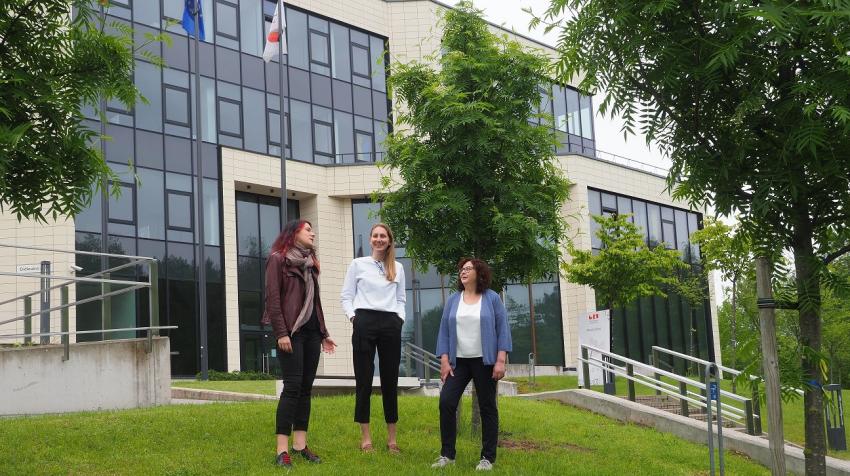
GoGreen Project: University Studies Environmental Psychology in Young People
“Young people’s attitudes and behavior will dictate the future shape and look of our societies,” said the United Nations Secretary-General, António Guterres, in 2021. It is now more evident than ever before, that we need to change our habits and behaviors to successfully adapt to ecological crises. And to ensure that evidence-based solutions in this sense are effective, we need to consider diverse contexts.
Environmental policies, level of environmental education, and infrastructure readiness vary widely from country to country. Some countries are challenged by social issues more than others, and these factors may prevent people from engaging in environmental conservation. Thus, policymakers need a variety of tools to facilitate transition and engagement in conservation of nature and the environment.
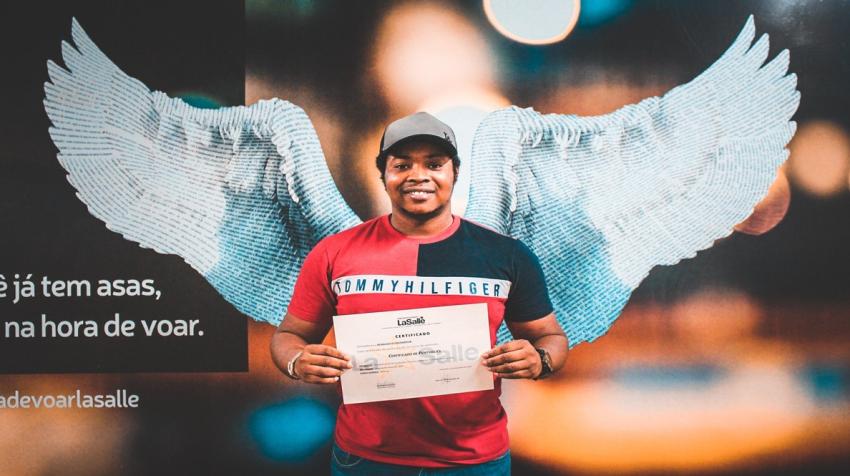
Improving the Lives of Immigrants: Brazilian University Takes the Lead
Several thousand people from different parts of the world, particularly the Latin America and Caribbean region, live in Brazil due to their countries’ social, political, and economic crises. Just as an example, according to a 2021 study from the World Bank and the United Nations High Commissioner for Refugees, Venezuelan adult immigrants in Brazil are 64% less likely to be working in a formal job. This reality, familiar to many immigrants, hampers their ability to have a decent life.
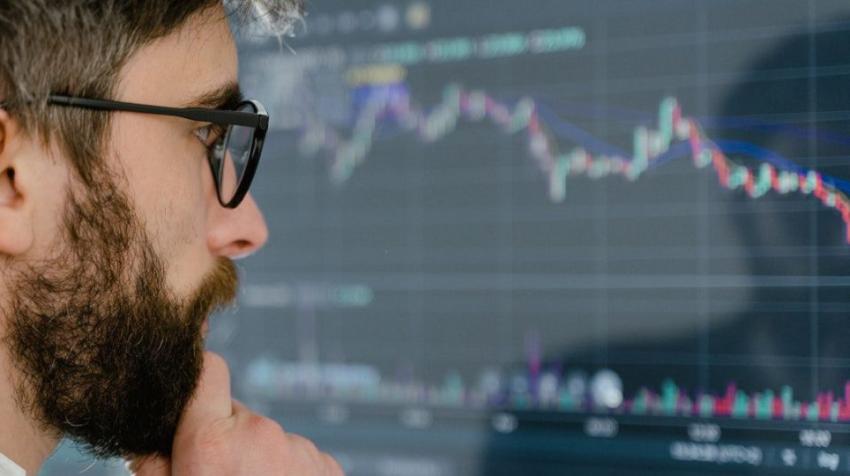
Research to Counter Health Threats: Preparing for Future Pandemics
In the wake of the COVID-19 pandemic, which led to unprecedented health, societal and economic consequences, a European Union (EU) Horizon 2020-funded research project on Pandemic Preparedness and Response (PANDEM-2) is putting considerable efforts into ensuring we are better prepared for future health threats.
Resolution 76/257 of the United Nations General Assembly, adopted in March 2022, urged Member States to ensure “effective domestic resource mobilization as well as better allocation and use of resources with adequate financing” for issues such as pandemic preparedness “through close collaboration” with stakeholders like academia.
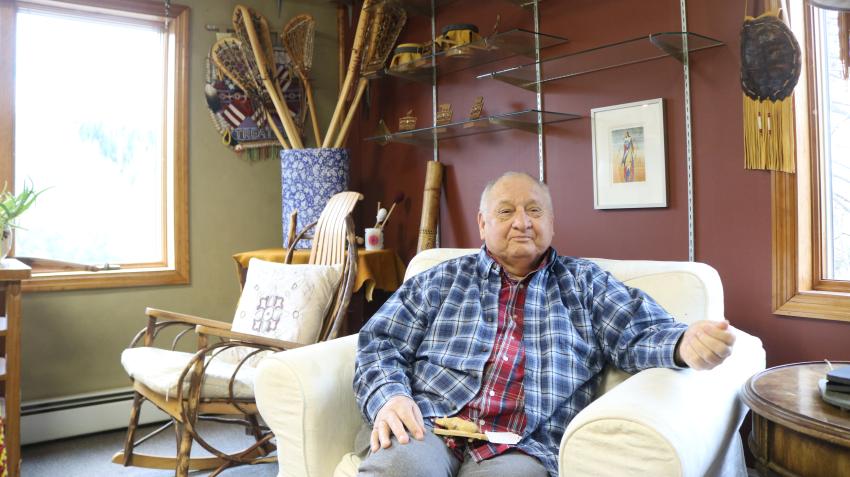
Keeping the 'Turtle Island' Alive: The Mohawk’s Fight Against Industrial Pollution
According to the Mohawk, an Indigenous tribe based in North America, the Earth as we know it used to rest on the back of a gigantic turtle – and after the continents separated, North America was known as “Turtle Island”. While the inhabitants of the Island, be it people, other animals or plants, basically live in harmony, if balance was not maintained in the environment, the “creator” would help recalibrate.
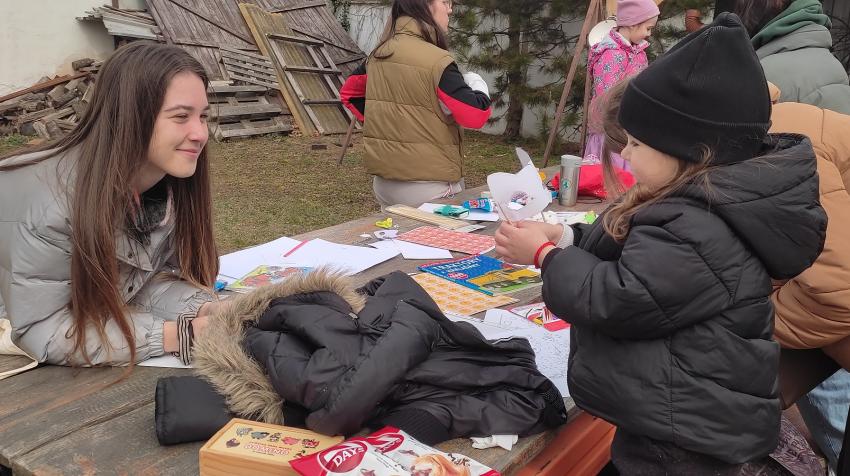
University in Slovakia Expresses Solidarity by Aiding Ukrainians
The University of Ss. Cyril and Methodius, a member institution of the United Nations Academic Impact (UNAI) in Slovakia, responded quickly to the armed conflict in Ukraine by mobilizing students, university staff, and faculty. The university is located in the city of Trnava, less than 500km from the border with Ukraine.
A 25 February university press statement expressed “its support for the independence and territorial integrity of Ukraine” while labeling the invasion by the Russian Federation as “an unacceptable aggression.” The statement continued: “The leadership of the university rejects the unprecedented attack on the people of Ukraine and expresses its deep sympathy and solidarity with its suffering population.”
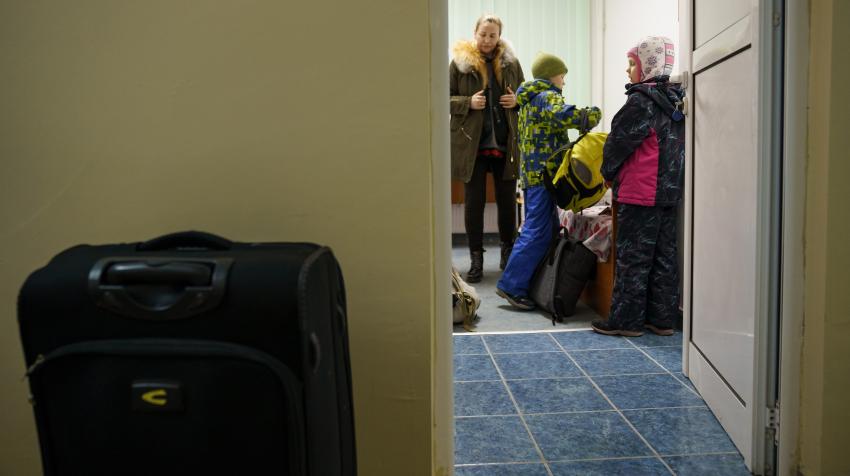
Romanian University Becomes Major Hub for Supporting Ukrainian Refugees
“Nearly 4.9 million people have been displaced by the ongoing hostilities in Ukraine, including more than 3 million who have fled across international borders,” warned a situation report published by the United Nations on 16 March 2022 - these numbers continue to rise as the invasion and destruction in Ukraine continue. A day later, Raouf Mazou, Assistant High Commissioner for Refugees, alerted Member States of the UN Security Council of the significant impact those fleeing the war would have on countries neighboring Ukraine.
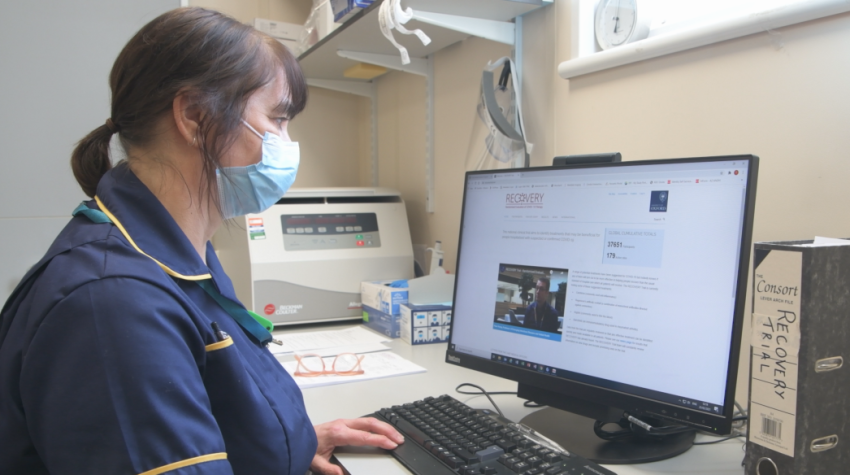
Learning From the World’s Largest COVID-19 Treatment Trial: University of Oxford Leads RECOVERY
According to the COVID-19 Weekly Epidemiological Update published on 15 March 2022 by the World Health Organization, “as of 13 March 2022, over 455 million confirmed cases and over 6 million deaths have been reported globally.” This exemplifies how the COVID-19 pandemic has been and continues to be a significant healthcare challenge. And yet, it has also inspired an exceptional response from researchers worldwide.
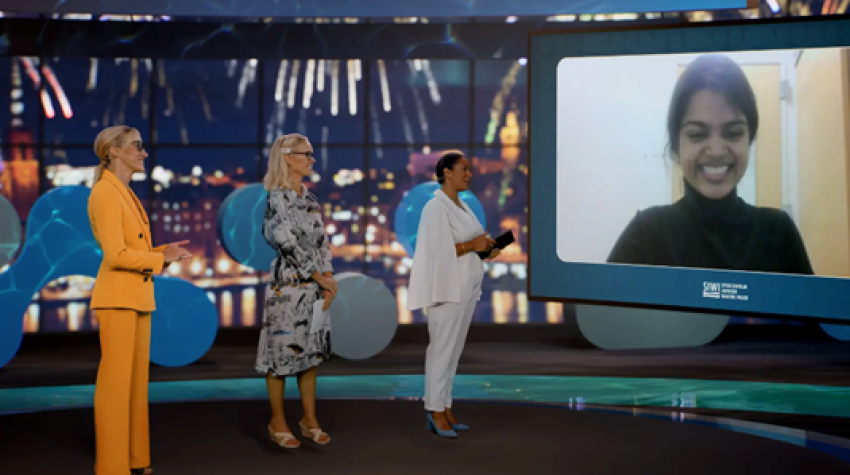
Promoting Youth Leadership in Water Governance
As countries and regions around the world face the negative effects of climate change and an increasing demand for water resources, the need for appropriate water governance grows day by day. Worldwide, one in three people do not have access to safe drinking water, two out of five people do not have a basic hand-washing facility with soap and water, and more than 673 million people still practice open defecation. The impacts of COVID-19 make it more urgent for securing clean water for everyone, as access to water, sanitation and hygiene services is fundamental to fighting the virus. The World Water Day, celebrated every year on 22 March, is perfect timing for us to learn about how young people can help solve issues related to water.
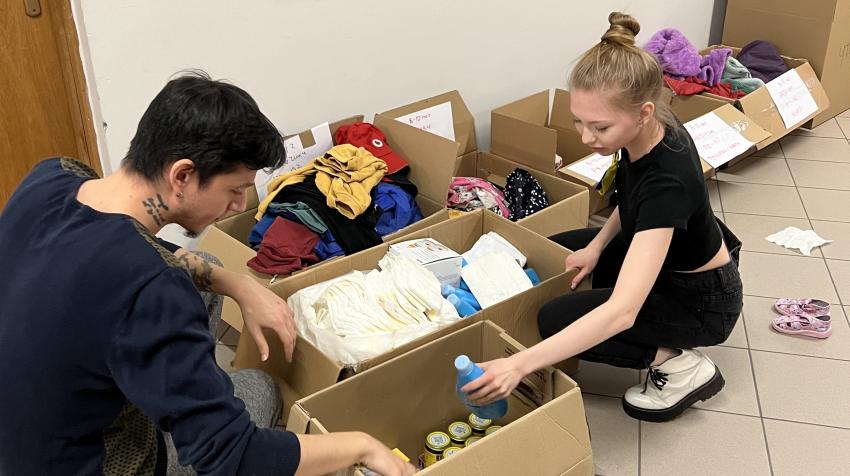
Assisting Those In Need: Polish University Helps Ukrainians Impacted By War
On 2 March 2022, the United Nations General Assembly adopted a resolution following the invasion of Ukraine by Russia. The document urged the immediate peaceful resolution of the conflict, which has had a significant humanitarian impact and devastating consequences on civilians. According to the United Nations Office for the Coordination of Humanitarian Affairs, it has forcibly displaced millions.
